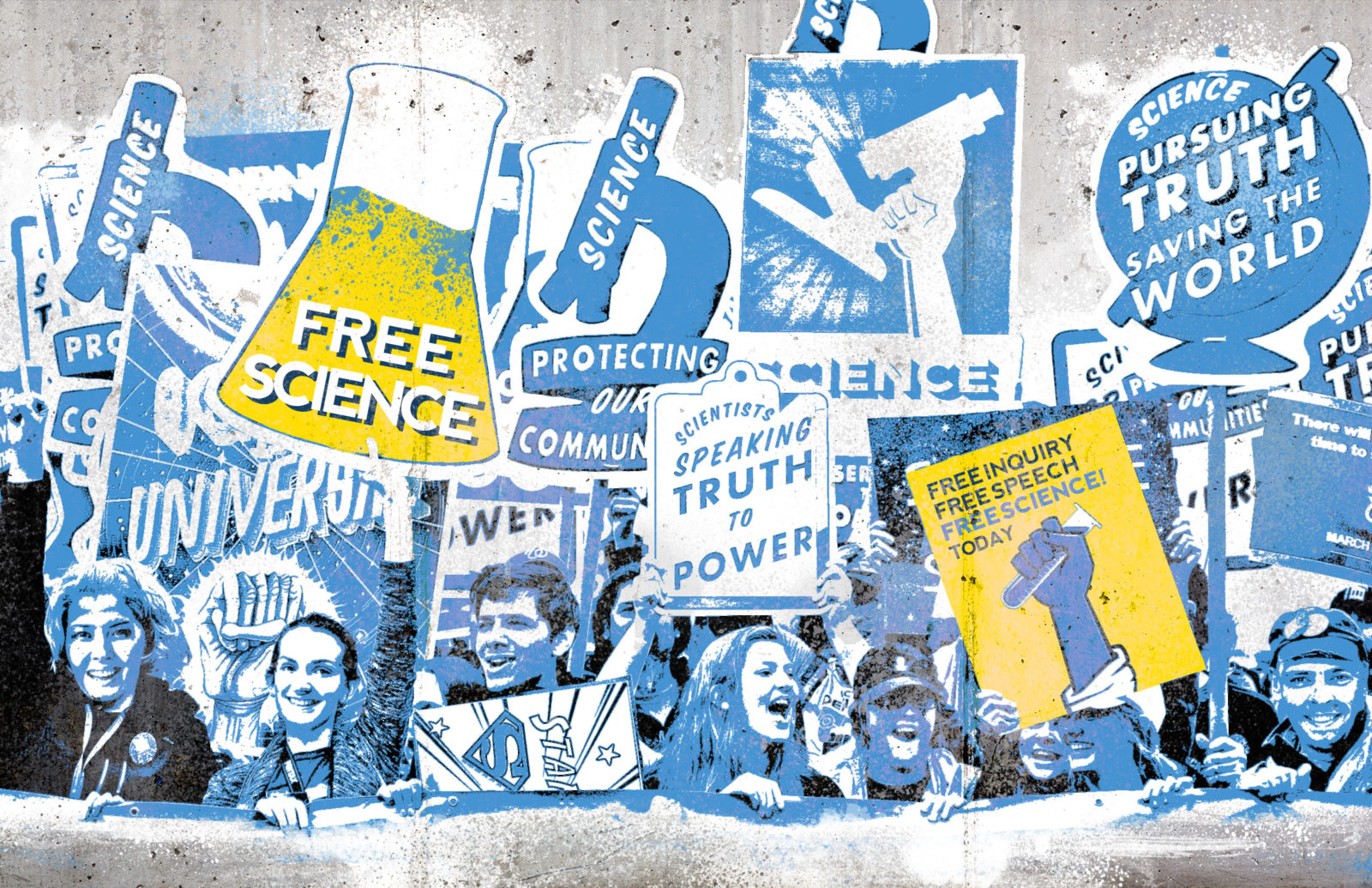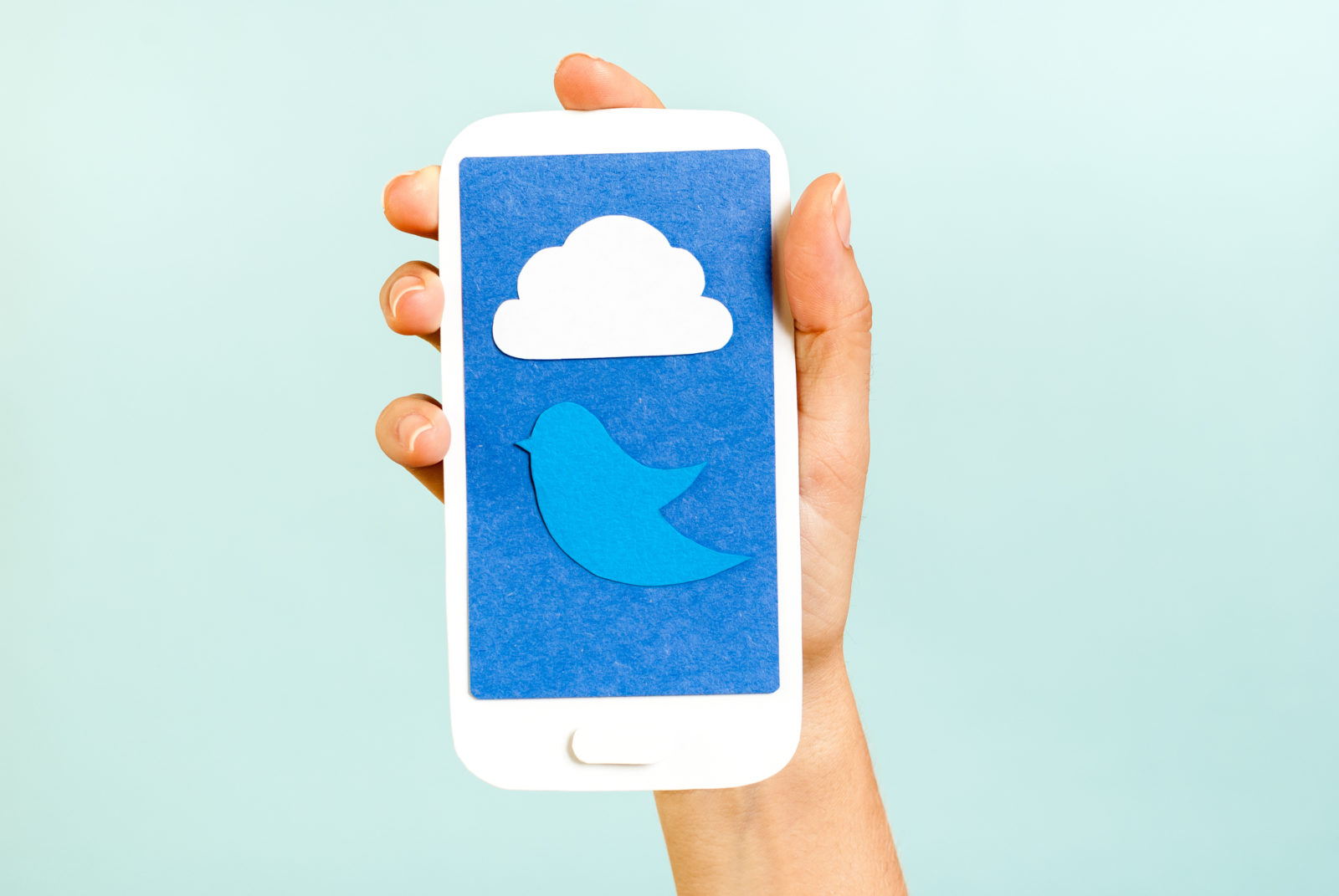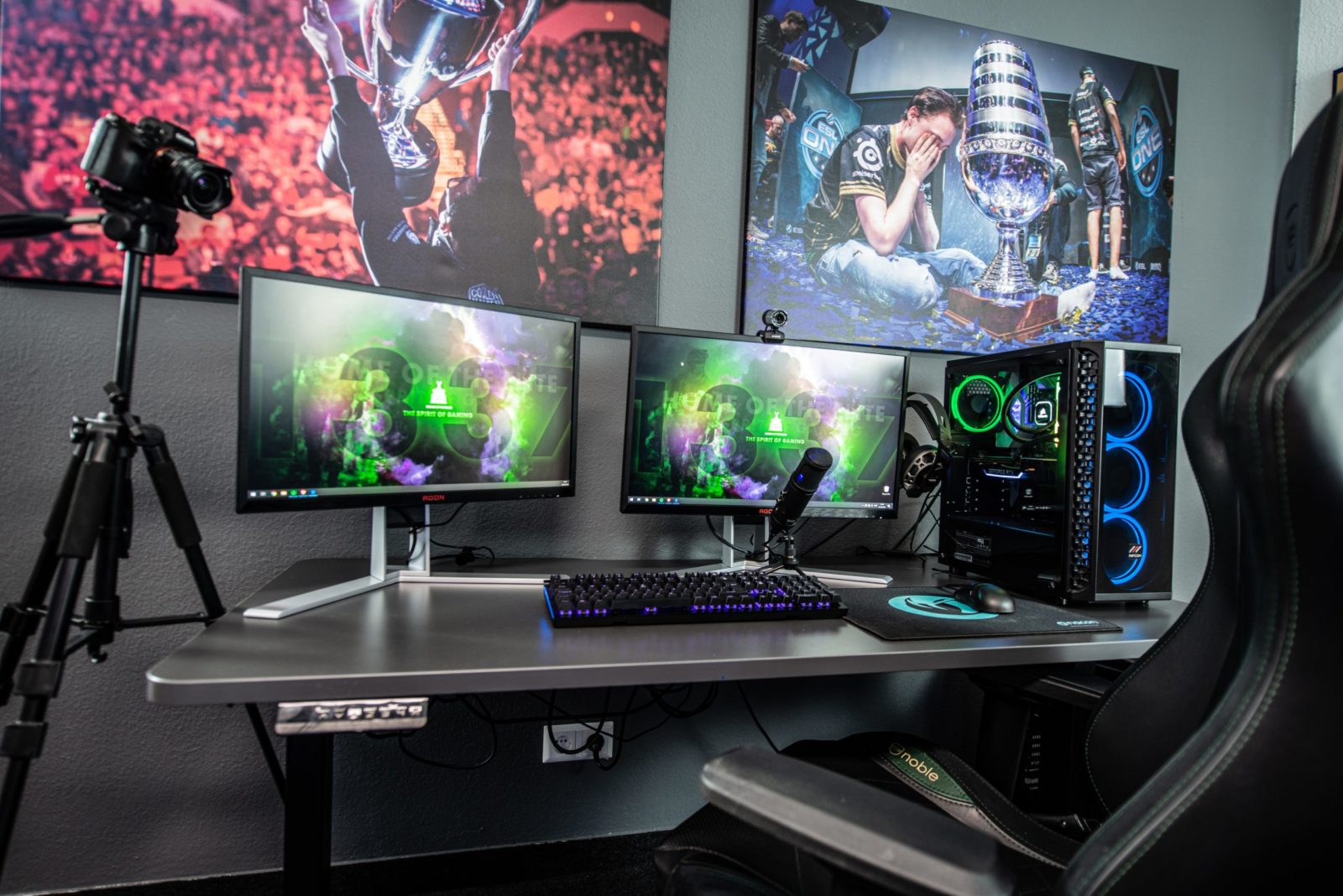


Getting Intentional About Your Screens

The Administrative State Can Put a Bug in Your Phone

What’s Worse: Big Government or Big Tech? Both

Web3: The Next Generation of the Internet

Constance Wu’s Suicide Tweet Proves Social Media Can Mean Life or Death

Who Controls the Tech?

Big Tech Is Subtly Controlling Our Lives — and We Need to Fight Back

The National Science Foundation and Advancement in Artificial Intelligence
